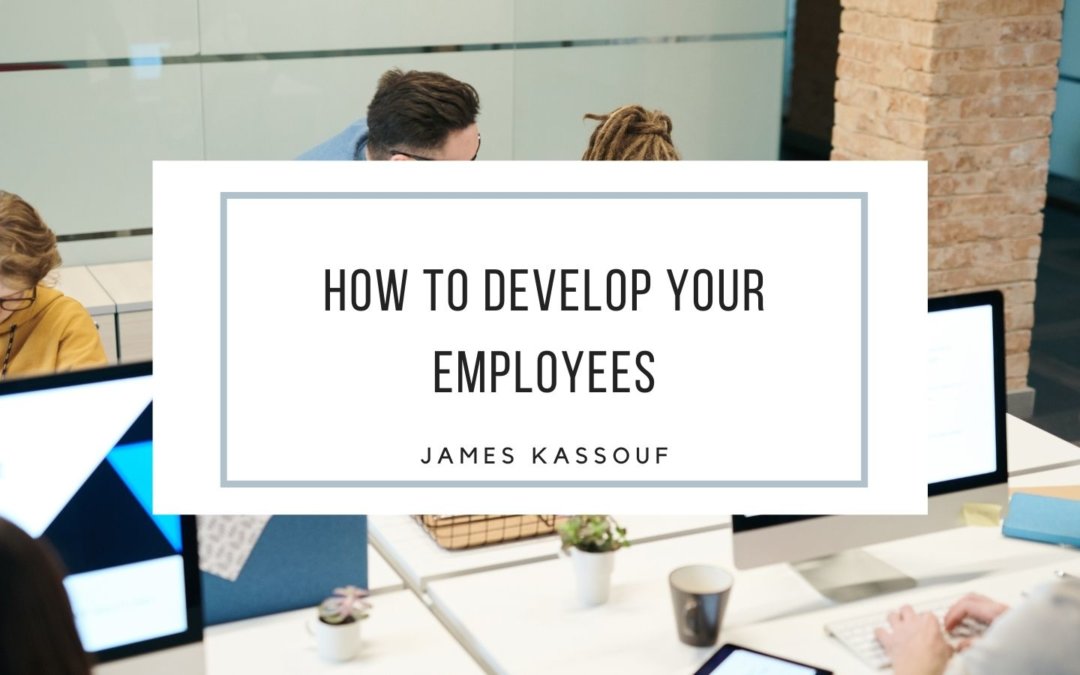Employee development can be a rewarding investment. Unfortunately, it often features as the last thing on most manager’s priorities. Development makes employees more productive and more innovative, making them perform at a higher level. Employee development also helps with recruiting and retaining top talents as well as allowing managers to delegate so they can focus on the most critical roles. Here are ways managers can contribute to the development of their employees.
Self-Development
Managers should first shape up their behaviors before focusing on their employee growth and development. Otherwise, they might look like a hypocrite rather than a mentor. Employee development starts with learning self-development and role modeling. Managers might also need to sharpen their other skills before deciding to mentor their workers.
Build Mutual Respect and Trust
Managers should let their employees know that discussing their development won’t expose their weaknesses. Instead, inspire them to be in charge of their development discussions by building their trust. Then, use those discussions to show them the efforts and resources invested in their development.
Keep Employees Involved
Employees will rarely open up to a manager. However, managers can keep them engaged by asking questions that will force them to think critically. But consider revisiting those queries as a way to cement and reflect on the skills and knowledge gained.
Consider Delegation
Managers often spend time on less important tasks that are better delegated to junior officers. However, letting go of some responsibilities can free up managers’ time to focus on employee development. But managers should never expect the junior officers to perform the way they would. They may not meet expectations, but that’s how workers learn.
Introduce Networking
Managers are tasked with connecting and introducing employees to mentors, subject-matter experts, and role models. Networking will remind employees that they are responsible for their professional growth and reinforce their sense of ownership.
Encourage Ongoing Learning
Employee development isn’t a one-time event. It doesn’t happen only during annual reviews. Managers should use all their interactions with their workers, including during weekly meetings, as an opportunity to develop their team. Look for ways to integrate a development mindset into all engagements with employees. Investing in coaches, conferences, training, and tangible resources can also encourage ongoing learning, an integral part of employee development.

